< Browse Stories By
Topics
Explore stories by subject area
Collections
Curated story series
Big Ideas
- Climate solutions
- Water at MSU
- Mobility
Spartan Perspectives
- Student views
- Graduate voices
- Faculty voices
- View All Collections
Loading component...
Also known as African American History Month, the event dates back to February 1926 when Harvard-trained historian Carter G. Woodson and other prominent African Americans designated the second week of February (to coincide with the birthdays of Abraham Lincoln and abolitionist Frederick Douglass) as "Negro History Week."
Fifty years later, former U.S. President and Michigan congressman Gerald Ford officially recognized Black History Month as a month-long opportunity to formally honor the accomplishments of Black Americans “in every area of endeavor throughout history.”
Since then, American presidents have designated February as Black History Month and have endorsed a specific theme each year. The theme for 2021 is Black family: representation, identity and diversity. Michigan State University is committed to exploring the rich history of Black America and highlighting the successes that span the African diaspora.
Learn about the contributions of Black Americans who broke down barriers that led to greater integration and diversity at MSU and left their mark on history.
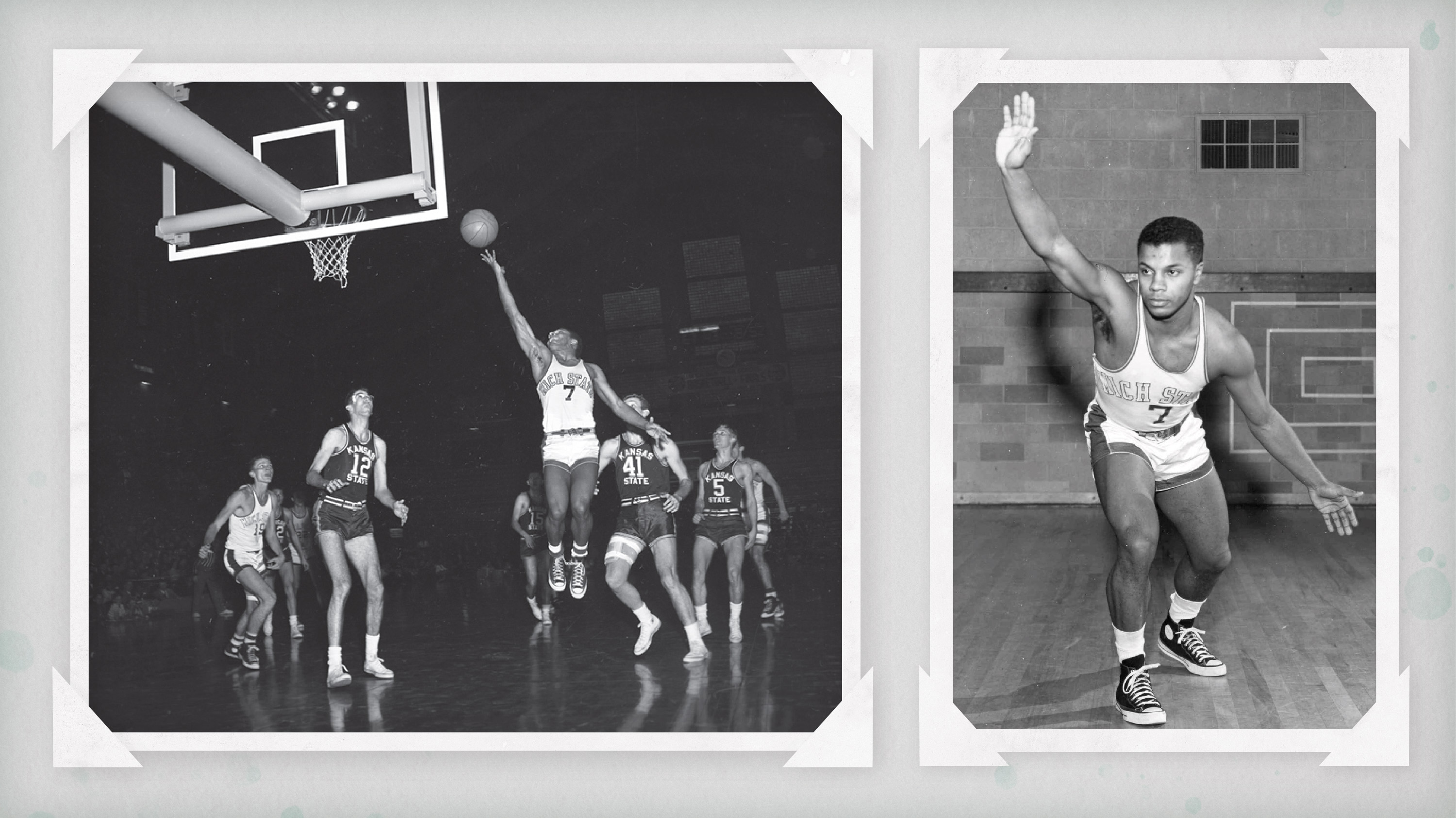

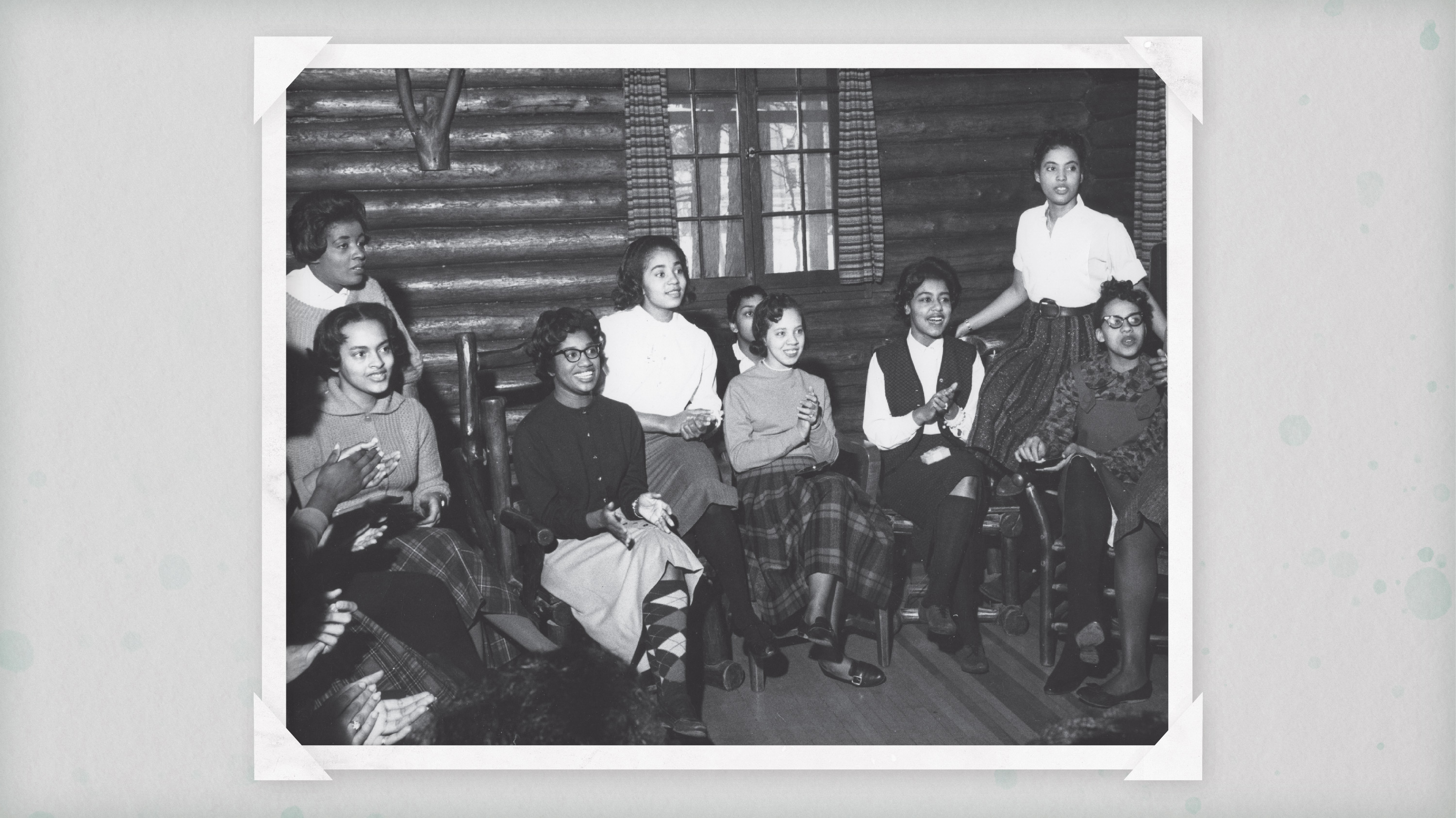
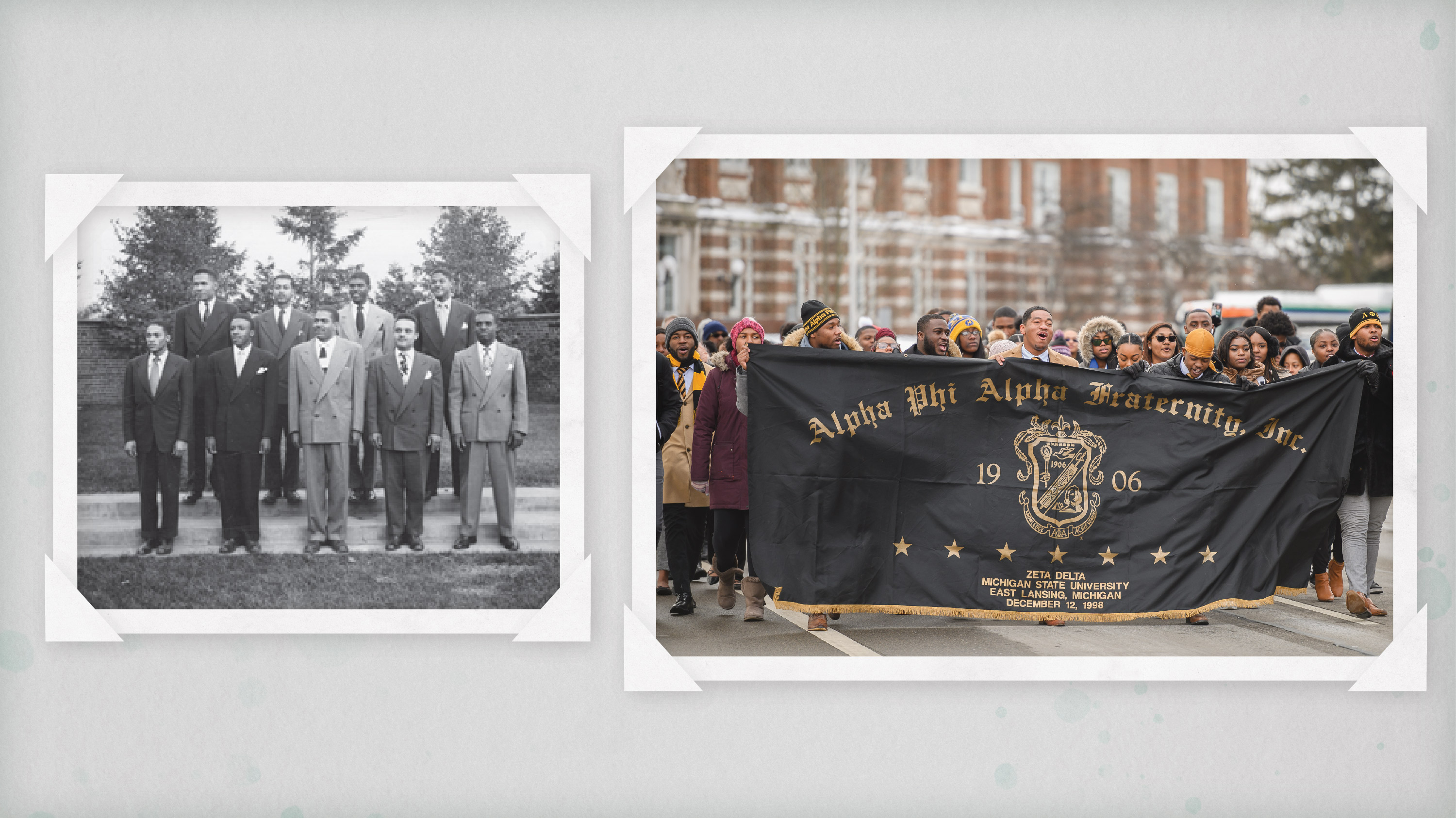
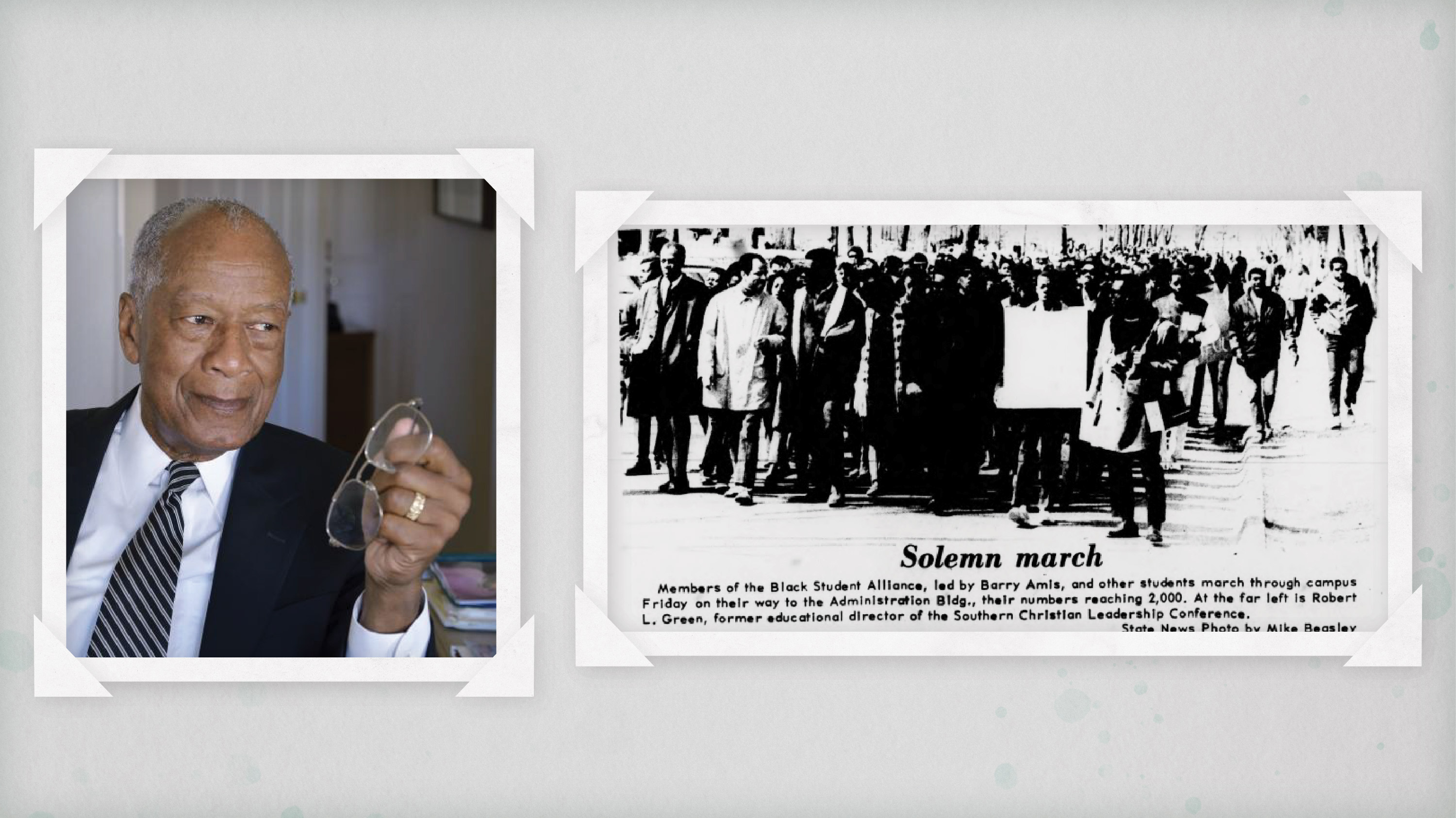
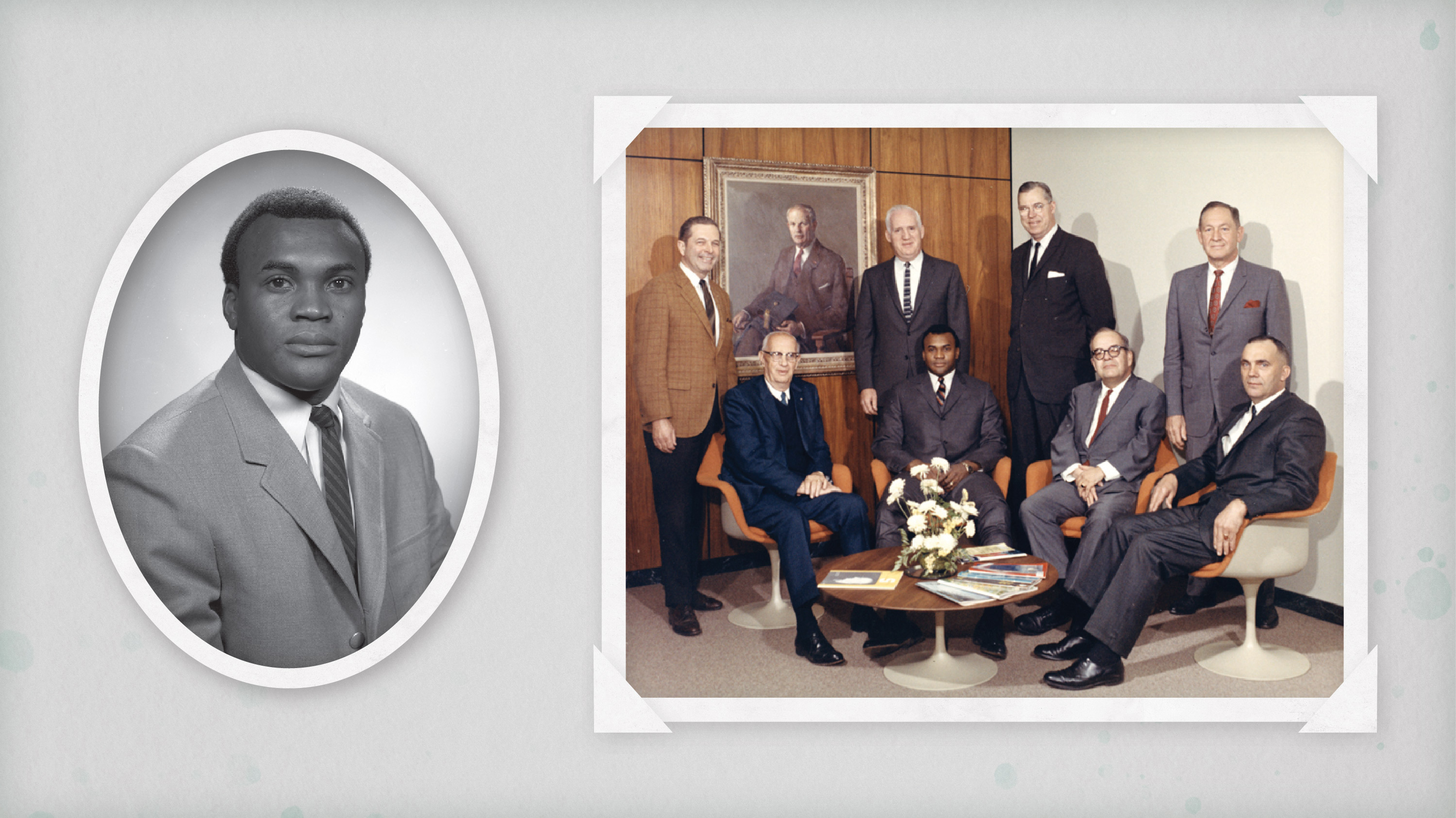
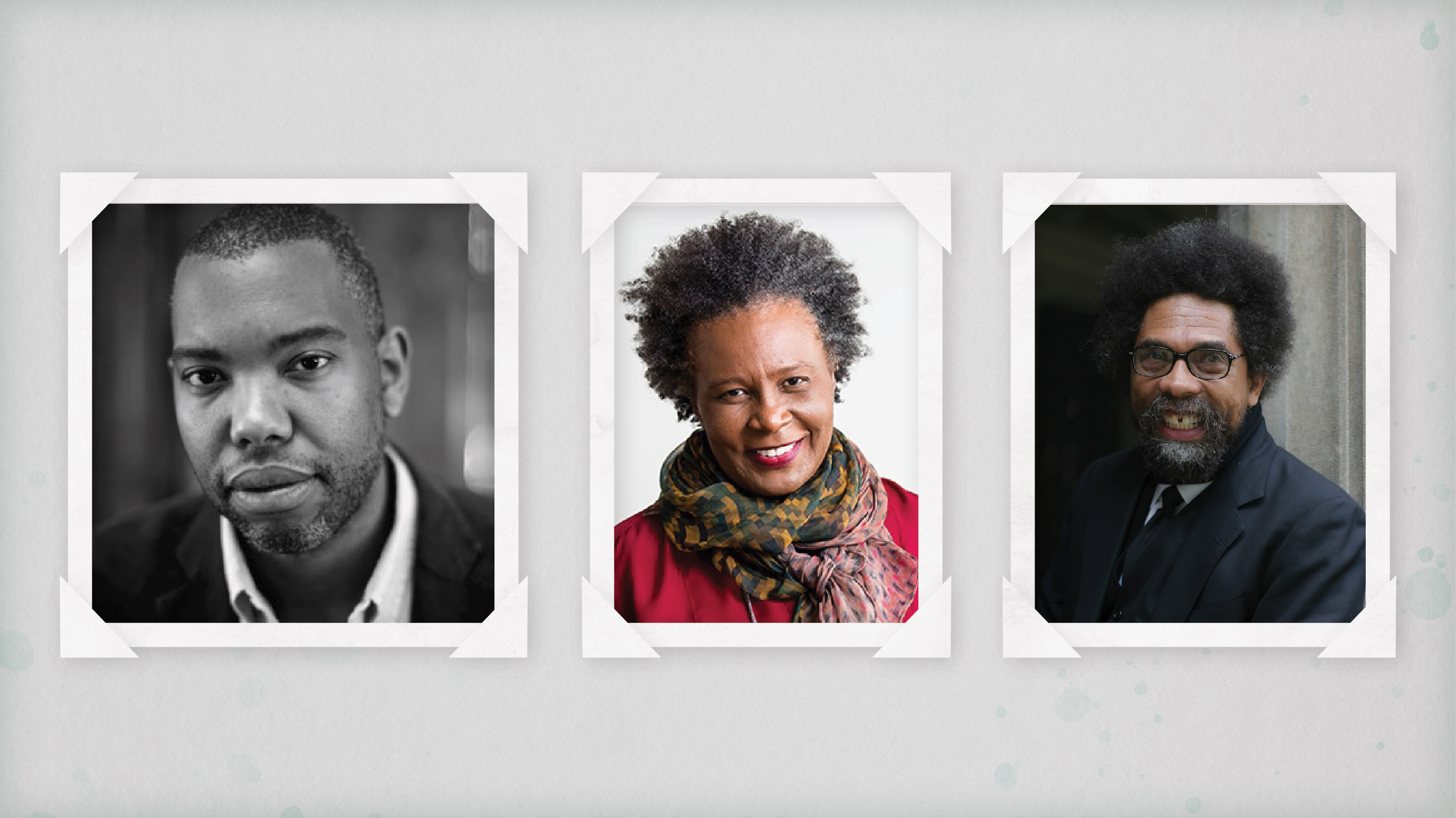
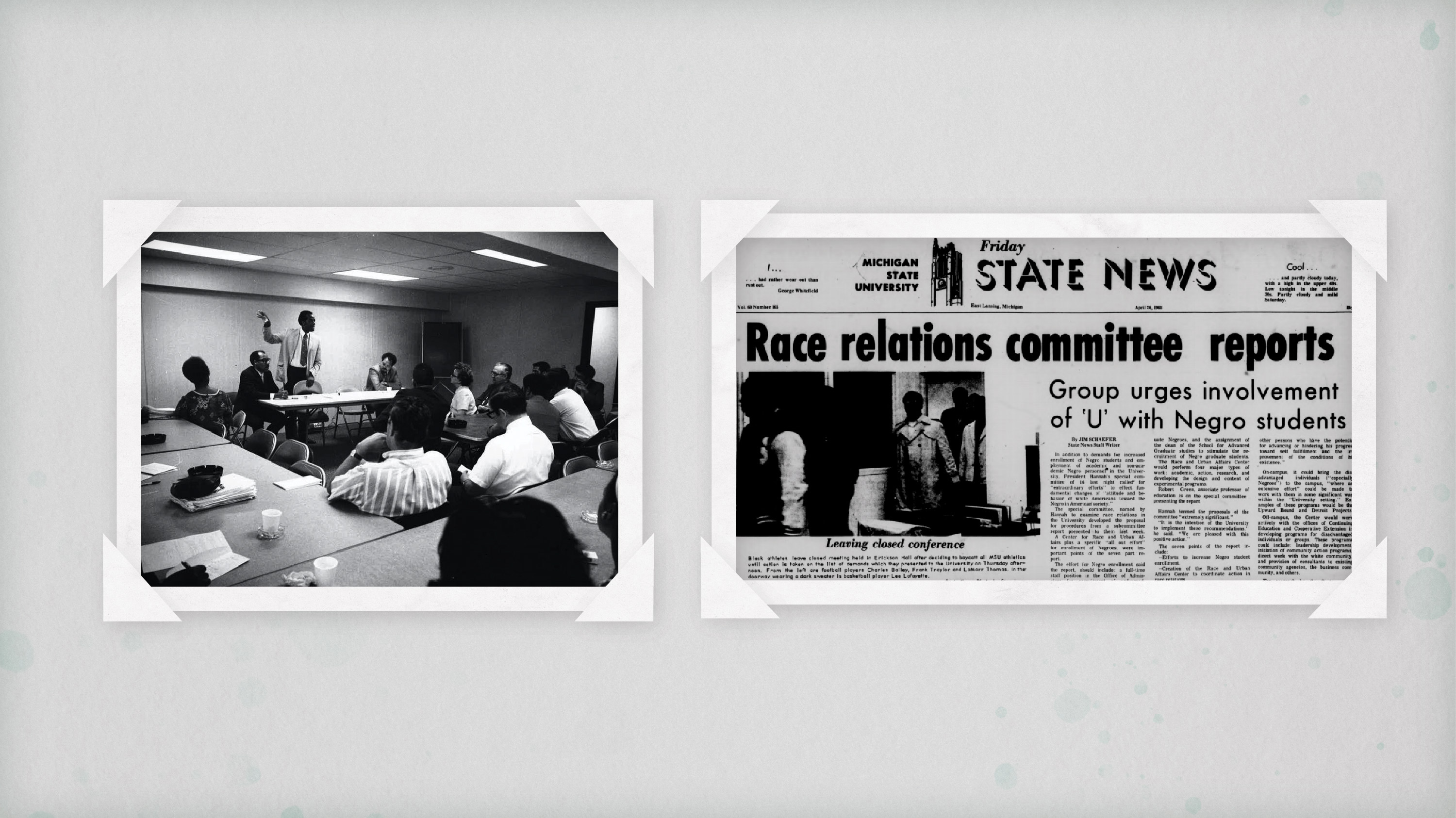
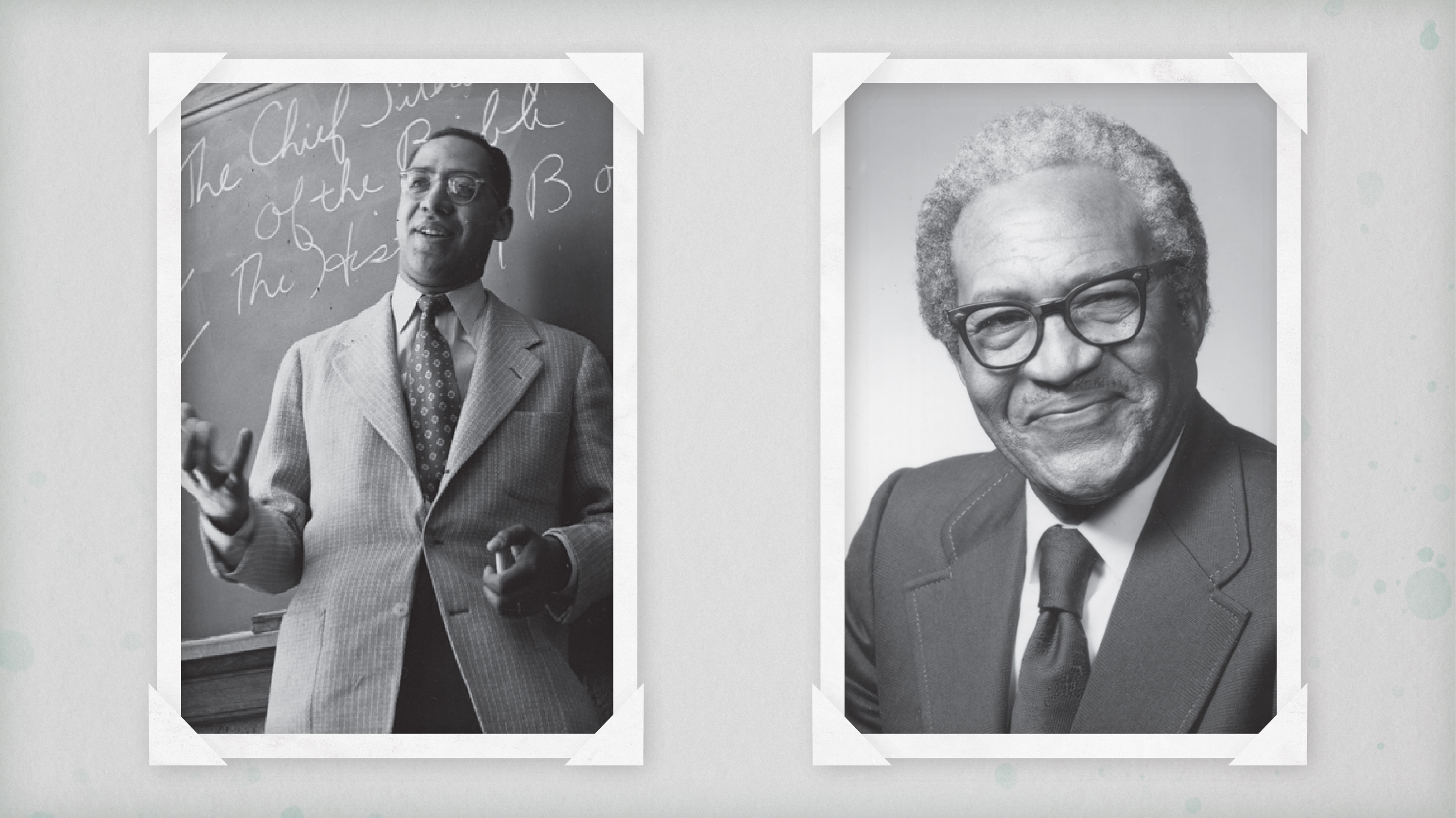
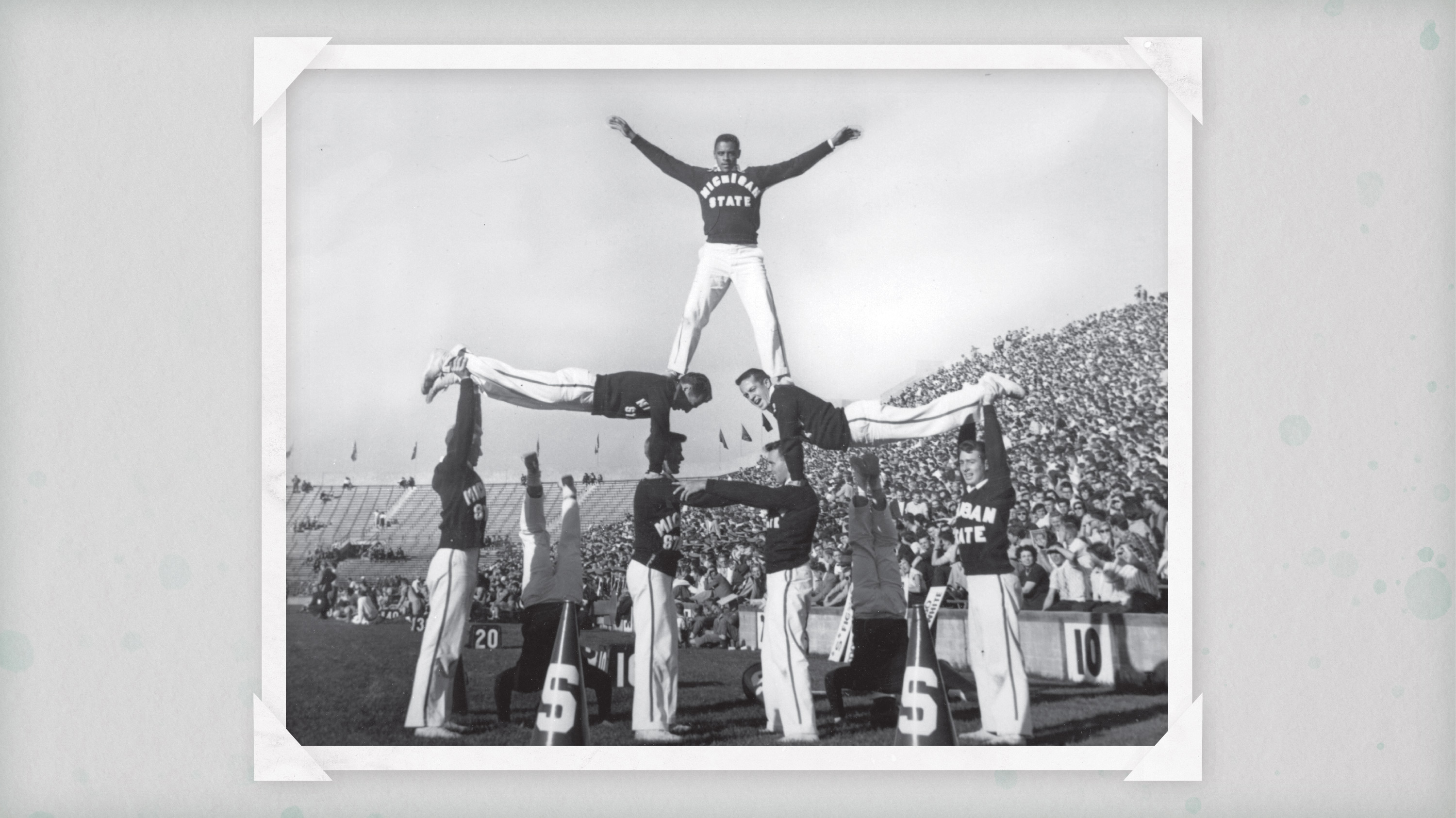
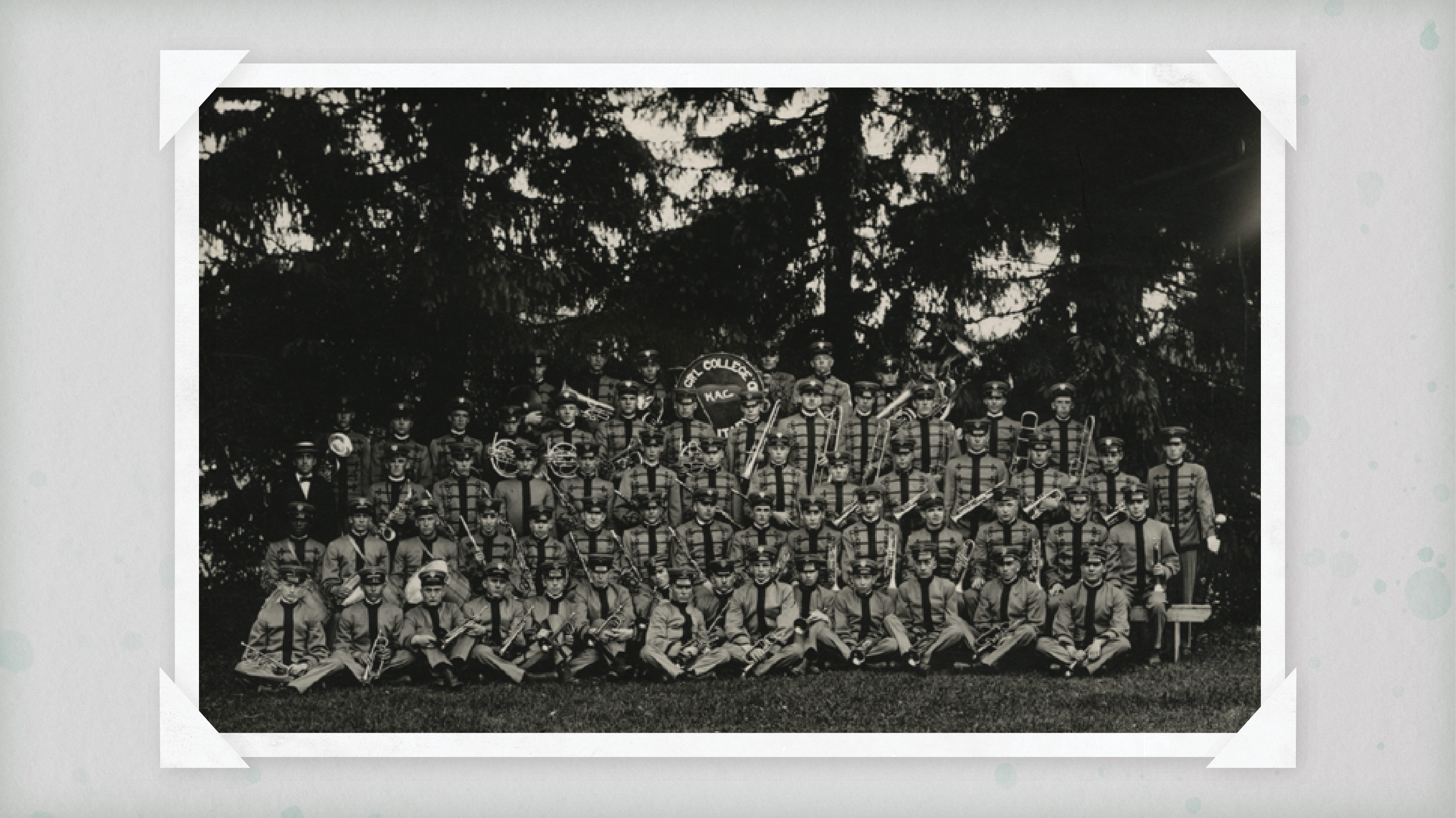
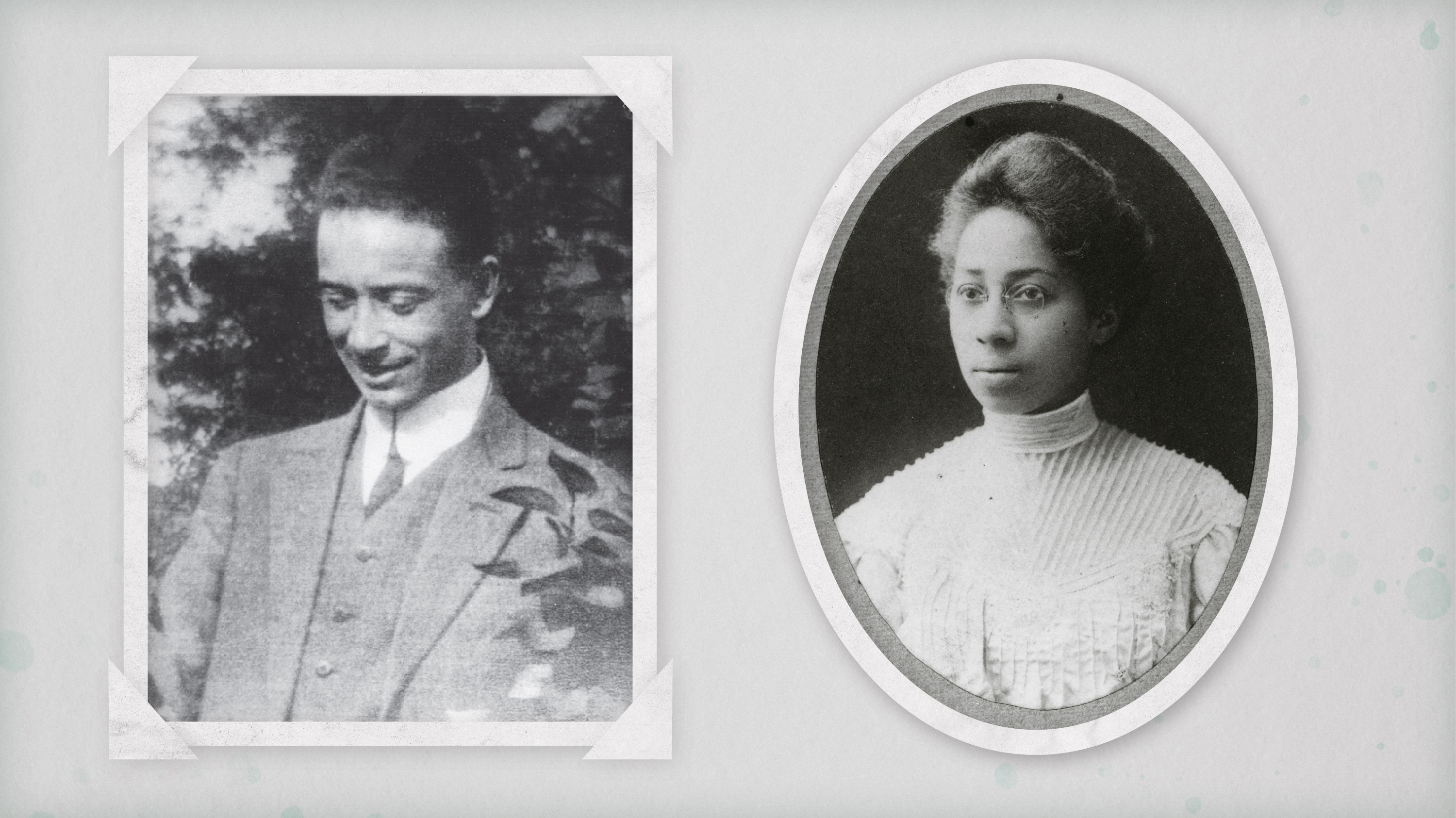
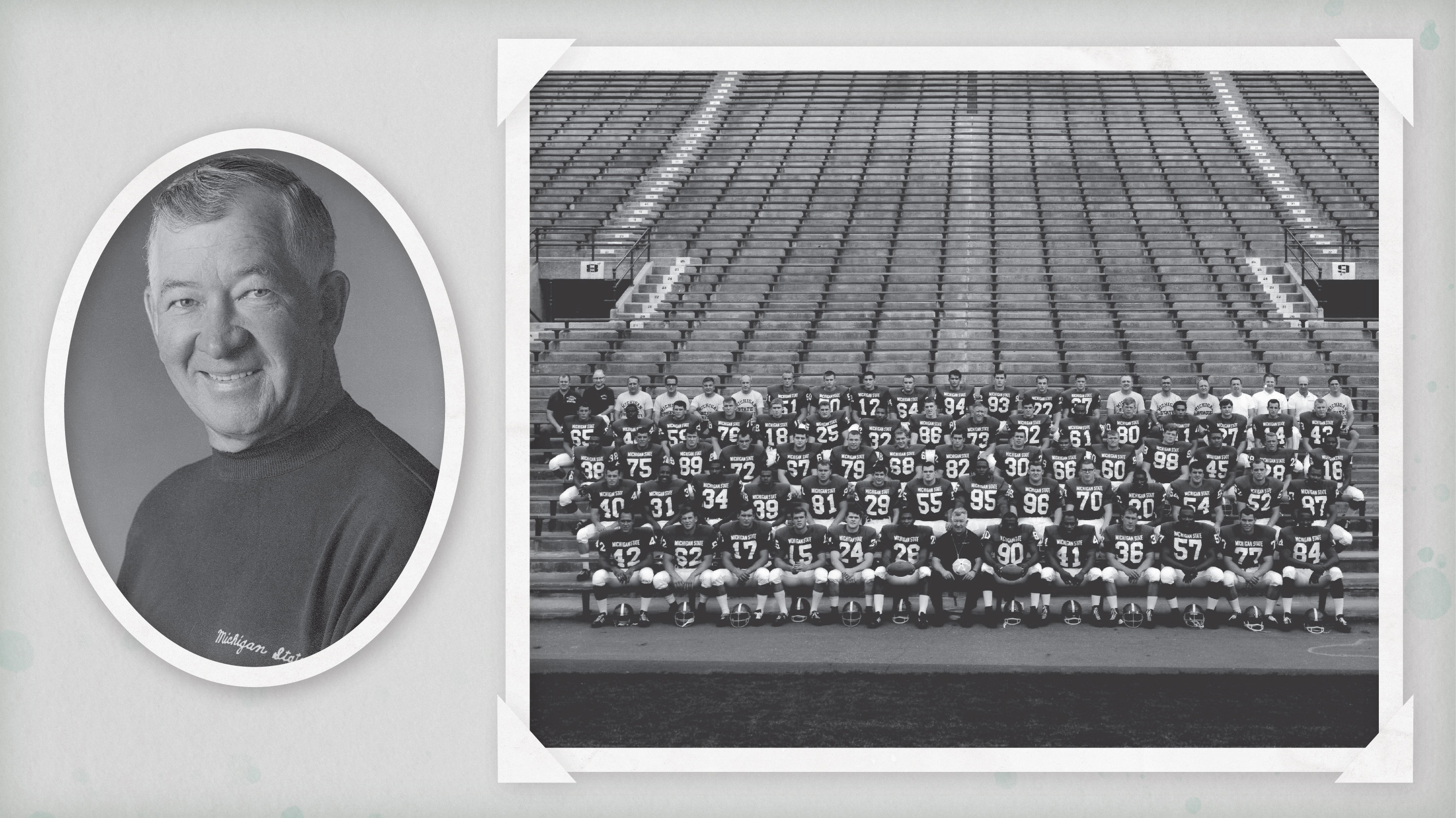
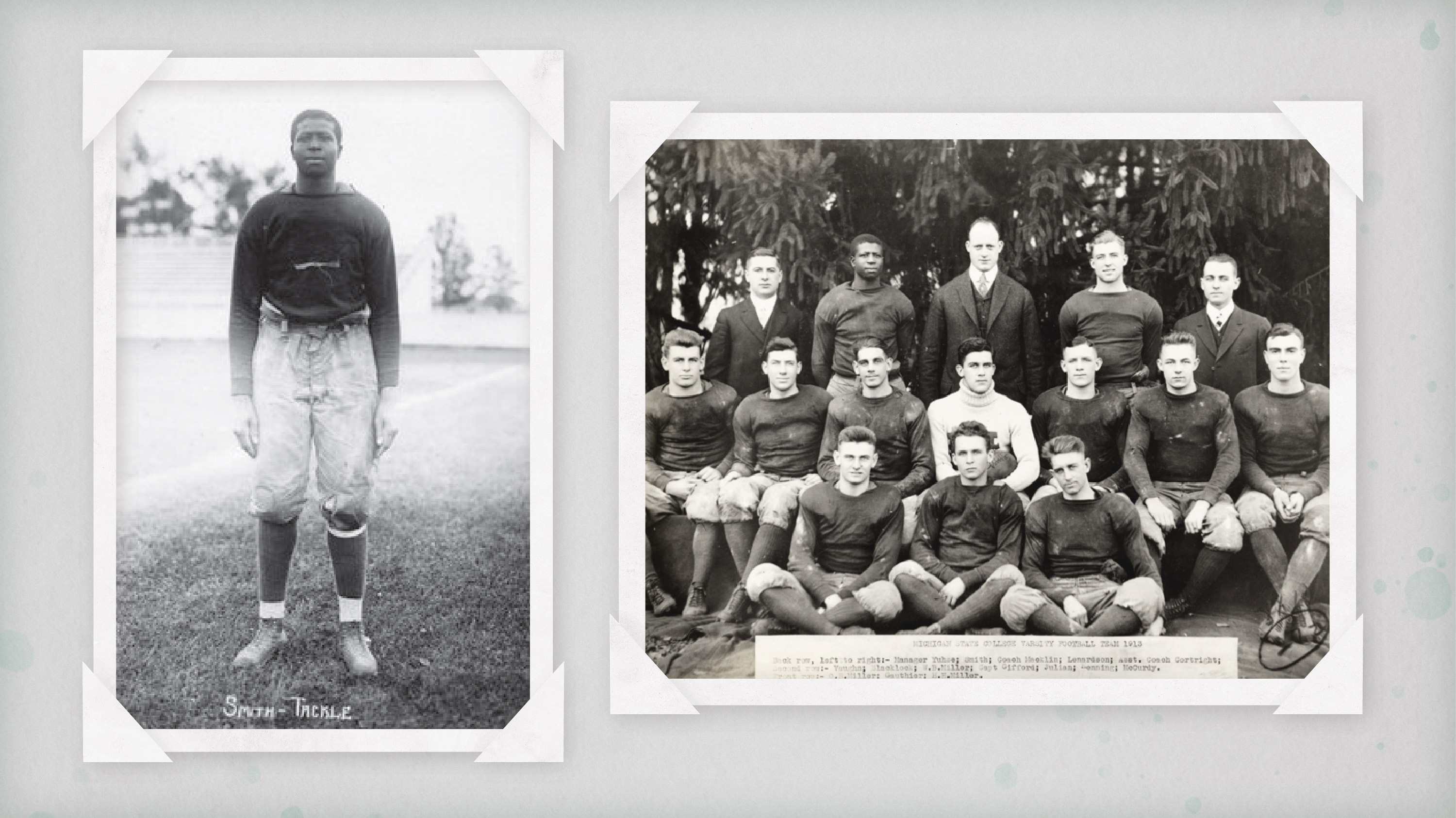
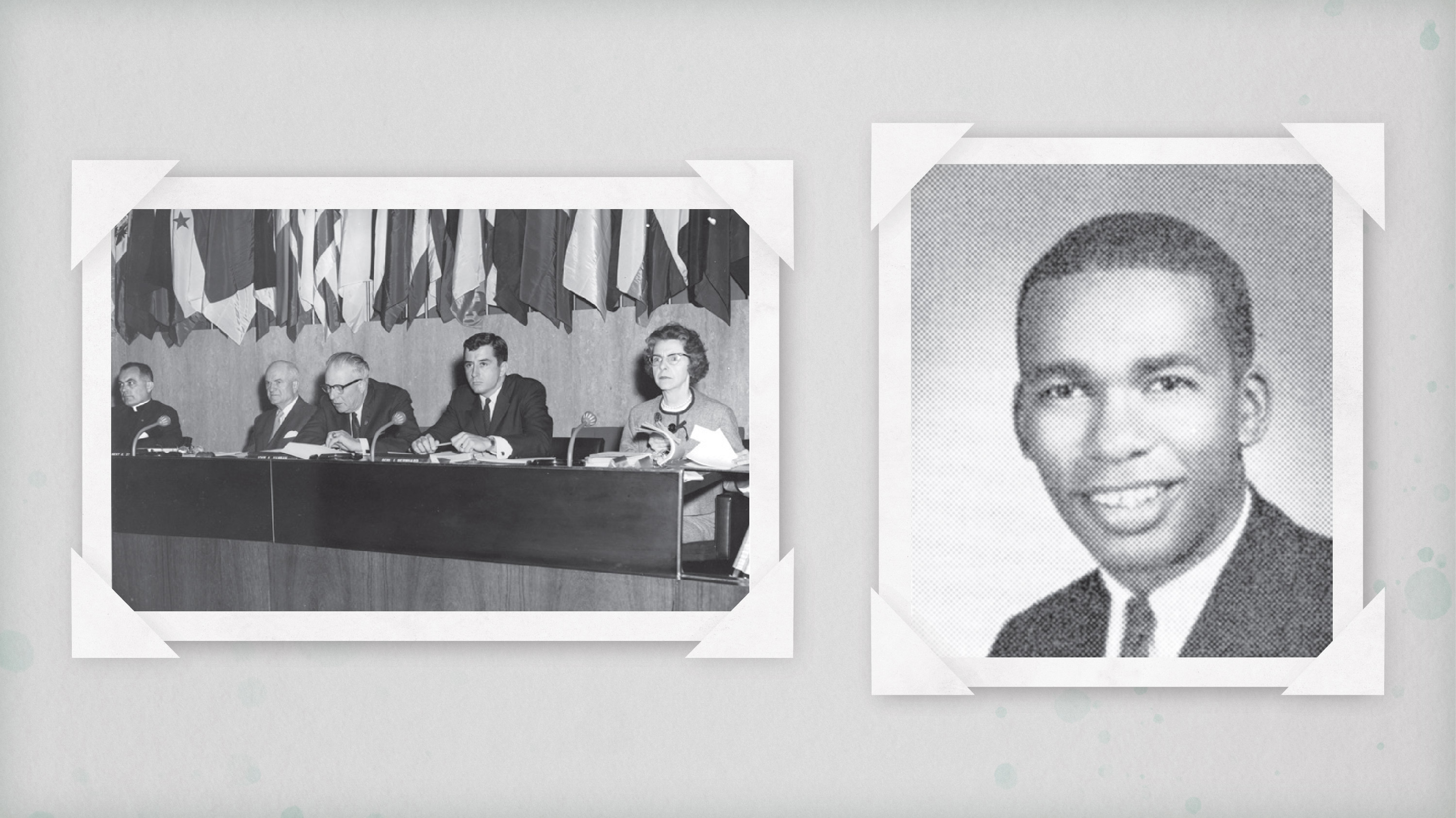

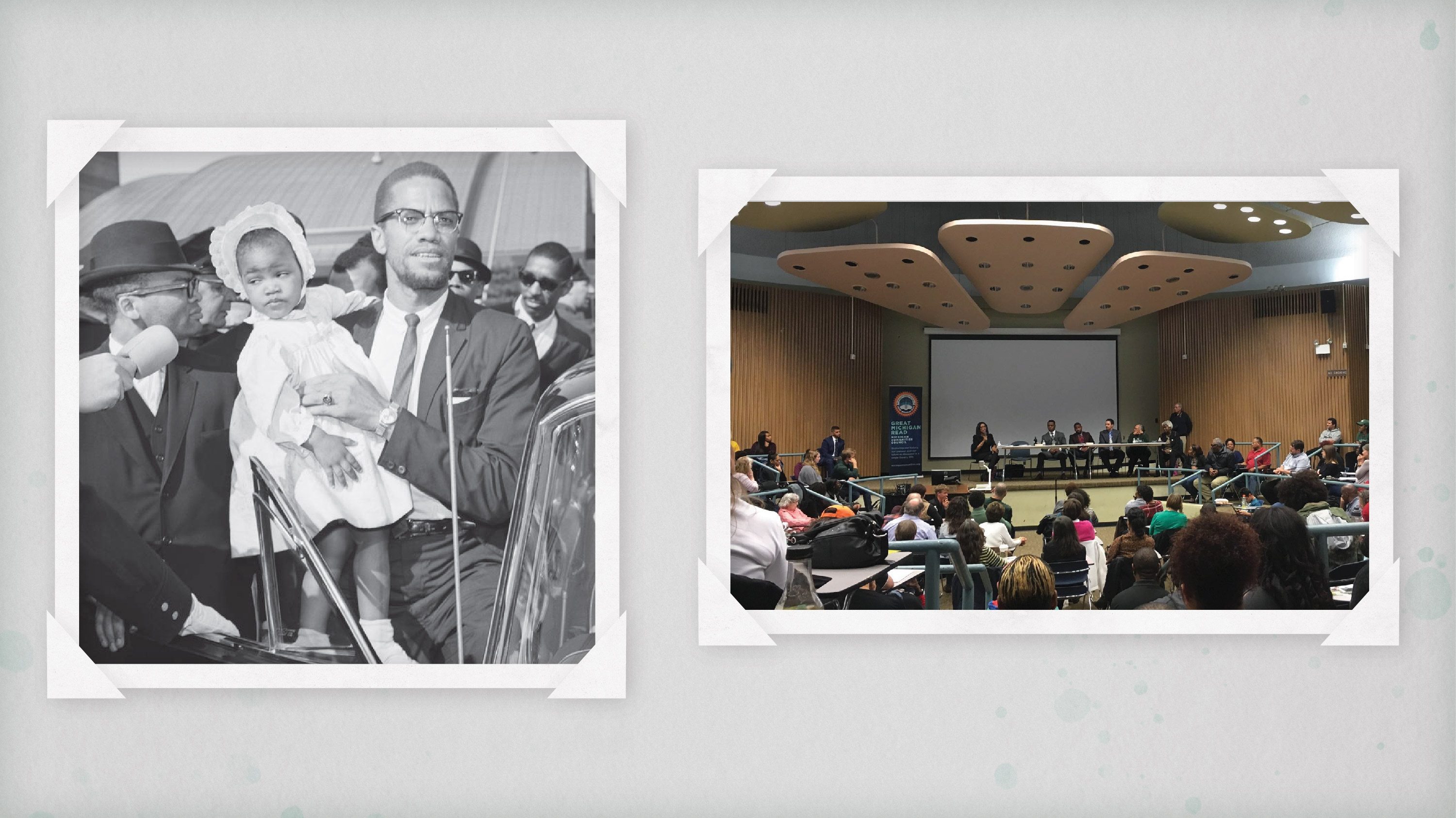
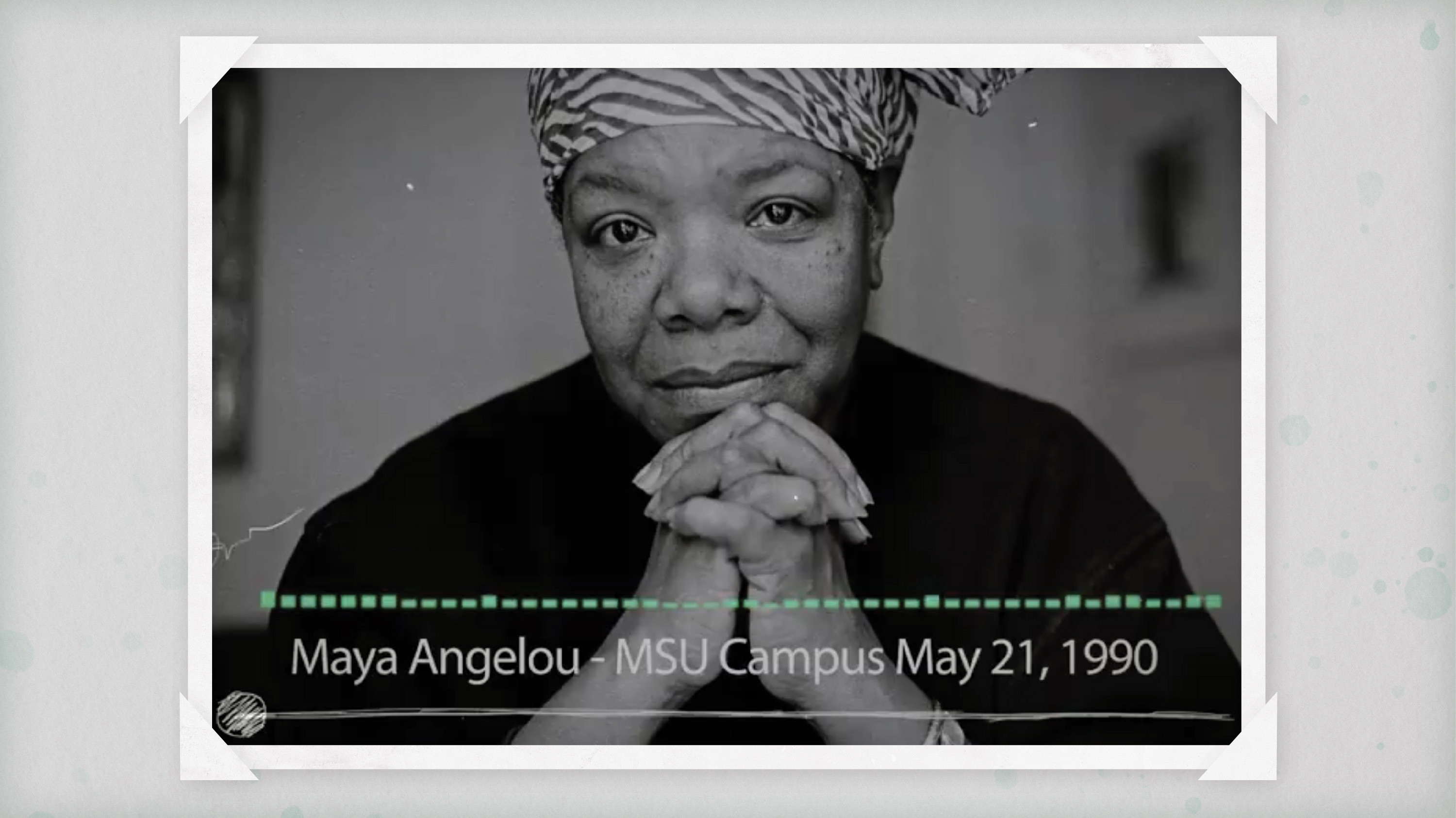
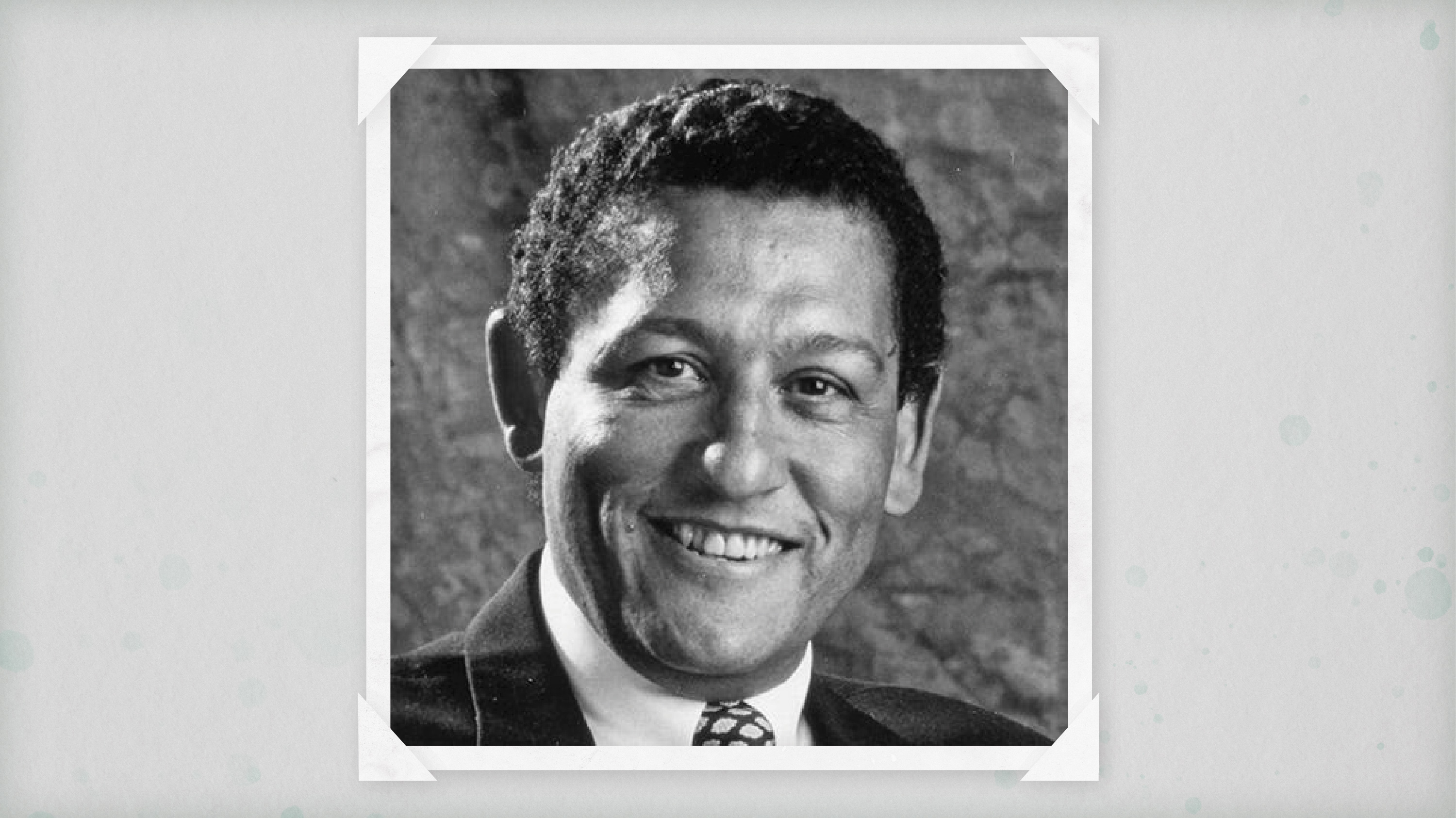
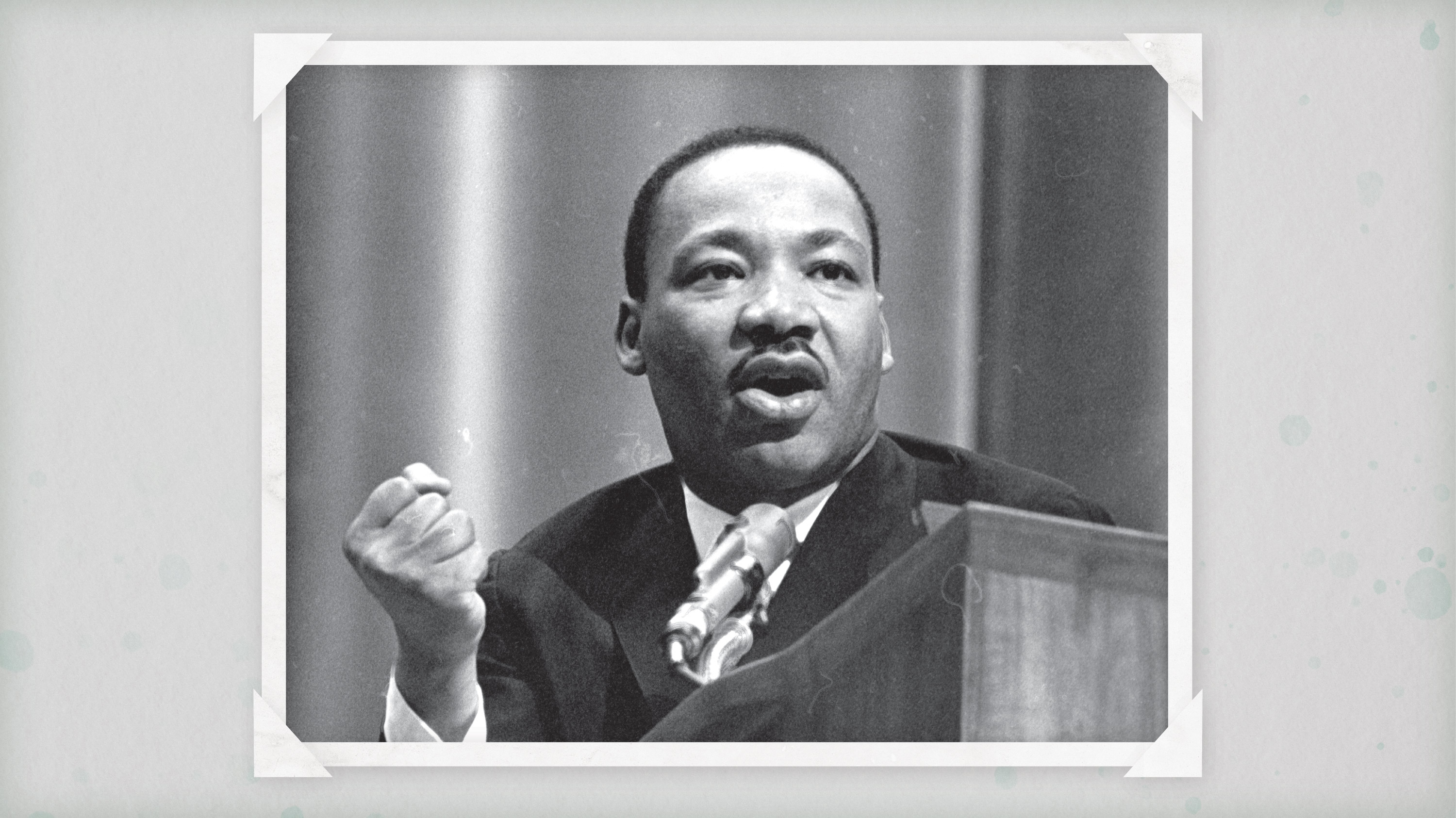





















The Black Student Alliance was established in September 1967 amid student protests surrounding racism on Michigan State’s campus. Robert L. Green, a faculty member who would later become the director of the Center for Urban Affairs at MSU and a college dean, helped students organize. The group met in Green’s basement to organize and plan as the central advocacy group for Black students. To this day, the BSA serves as the voice of Black students on campus. The Black Faculty, Staff and Administrators Association, or BFSAA, was formed during the late 1960s during the height of campus activism. The association’s purpose is both to serve as a strong voice and advocate for justice on campus and in support of the recruitment and success of Black faculty, students, staff and administrators.
Claudia Rankine (center), New York Times bestselling poet, professor and recipient of numerous literary awards, was a guest speaker for the MSU Signature Lecture series. Her collaborative exhibition series “Situations,” with filmmaker John Lucas, was featured at the Broad Art Museum from February to December 2020.
Cornel West (right), distinguished speaker and educator on the history and culture of Black people in America, is scheduled to speak Feb. 25, 2021 as part of the Slavery to Freedom lecture series.
Pressured by Professor Robert Green (left, pictured standing) and the Black Student Alliance, President John A. Hannah created the Committee of Sixteen, comprising 10 high-level faculty members and six university administrators, to improve race relations on campus. The group’s goal was to develop a civil rights plan for the university, which included increasing the number of Black students enrolled; hiring more people of color in faculty, staff and administrative positions; establishing the Center for Race and Urban Affairs, now the Center for Community and Economic Development, to work in the areas of curriculum, community development, research and the design and content of experimental programs; and for the university to commit to culture change and become fully integrated and a socially responsive institution. Of the committee’s plan, President Hannah called it “one of the most significant things to ever happen to the university.”
David W. Dickson (left) was appointed to the English department as the first African American faculty member in 1948. Dickson later became president of Montclair University in New Jersey.Faculty and academics
In 1957, William Harrison Pipes (right) was the first African American faculty member to be granted full professorship. He earned a doctorate in speech and was the first African American in the country to do so.
Everett C. Yates, class of 1916, was the first African American individual to play in the college cadet band and orchestra. (Image: Group picture of the Military Band, 1915. Yates is first on the left in the second row.)Clubs, organizations and teams
Nearly 40 years after the 13th Amendment passed, William O. Thompson (left), class of 1904, was the first known Black graduate from Michigan State, known then as Michigan Agricultural College, or M.A.C. Myrtle Craig Mowbray (right) was the first female Black graduate of MSU, formerly M.A.C., in 1907. She received her diploma from President Theodore Roosevelt, who was the honored guest during the college’s Centennial Jubilee Celebration.First graduates
Gideon Smith, class of 1916, was one of two Black college football players in the country and the first Black college football player to turn pro.Athletic achievement
From 1957 to 1969, MSU President John A. Hannah led the U.S. Commission on Civil Rights. (Image: Hannah, center, at a meeting of the Civil Rights Commission.)Integration and inclusion
Ernest Green, a member of the Little Rock Nine, was awarded a full scholarship (by an anonymous donor who was later known to be President Hannah) to attend MSU in 1958. In 2018, Ernest Green returned to campus as homecoming grand marshal.
Professionally, Johnson is known for five NBA Championships with the Los Angeles Lakers. He was inducted into the Naismith Memorial Basketball Hall of Fame in 2002 for his individual contributions and again in 2010 as a member of the Dream Team. Since his retirement, Johnson has become an advocate for HIV/AIDS prevention. Image credit: MSU Archives and Derrick L. Turner.
The Black Student Alliance was established in September 1967 amid student protests surrounding racism on Michigan State’s campus. Robert L. Green, a faculty member who would later become the director of the Center for Urban Affairs at MSU and a college dean, helped students organize. The group met in Green’s basement to organize and plan as the central advocacy group for Black students. To this day, the BSA serves as the voice of Black students on campus. The Black Faculty, Staff and Administrators Association, or BFSAA, was formed during the late 1960s during the height of campus activism. The association’s purpose is both to serve as a strong voice and advocate for justice on campus and in support of the recruitment and success of Black faculty, students, staff and administrators.
Claudia Rankine (center), New York Times bestselling poet, professor and recipient of numerous literary awards, was a guest speaker for the MSU Signature Lecture series. Her collaborative exhibition series “Situations,” with filmmaker John Lucas, was featured at the Broad Art Museum from February to December 2020.
Cornel West (right), distinguished speaker and educator on the history and culture of Black people in America, is scheduled to speak Feb. 25, 2021 as part of the Slavery to Freedom lecture series.
Pressured by Professor Robert Green (left, pictured standing) and the Black Student Alliance, President John A. Hannah created the Committee of Sixteen, comprising 10 high-level faculty members and six university administrators, to improve race relations on campus. The group’s goal was to develop a civil rights plan for the university, which included increasing the number of Black students enrolled; hiring more people of color in faculty, staff and administrative positions; establishing the Center for Race and Urban Affairs, now the Center for Community and Economic Development, to work in the areas of curriculum, community development, research and the design and content of experimental programs; and for the university to commit to culture change and become fully integrated and a socially responsive institution. Of the committee’s plan, President Hannah called it “one of the most significant things to ever happen to the university.”
David W. Dickson (left) was appointed to the English department as the first African American faculty member in 1948. Dickson later became president of Montclair University in New Jersey.Faculty and academics
In 1957, William Harrison Pipes (right) was the first African American faculty member to be granted full professorship. He earned a doctorate in speech and was the first African American in the country to do so.
Everett C. Yates, class of 1916, was the first African American individual to play in the college cadet band and orchestra. (Image: Group picture of the Military Band, 1915. Yates is first on the left in the second row.)Clubs, organizations and teams
Nearly 40 years after the 13th Amendment passed, William O. Thompson (left), class of 1904, was the first known Black graduate from Michigan State, known then as Michigan Agricultural College, or M.A.C. Myrtle Craig Mowbray (right) was the first female Black graduate of MSU, formerly M.A.C., in 1907. She received her diploma from President Theodore Roosevelt, who was the honored guest during the college’s Centennial Jubilee Celebration.First graduates
Gideon Smith, class of 1916, was one of two Black college football players in the country and the first Black college football player to turn pro.Athletic achievement
From 1957 to 1969, MSU President John A. Hannah led the U.S. Commission on Civil Rights. (Image: Hannah, center, at a meeting of the Civil Rights Commission.)Integration and inclusion
Ernest Green, a member of the Little Rock Nine, was awarded a full scholarship (by an anonymous donor who was later known to be President Hannah) to attend MSU in 1958. In 2018, Ernest Green returned to campus as homecoming grand marshal.
Professionally, Johnson is known for five NBA Championships with the Los Angeles Lakers. He was inducted into the Naismith Memorial Basketball Hall of Fame in 2002 for his individual contributions and again in 2010 as a member of the Dream Team. Since his retirement, Johnson has become an advocate for HIV/AIDS prevention. Image credit: MSU Archives and Derrick L. Turner.
01 / 20
All images, unless otherwise specified, are property of Michigan State University Archives and Historical Collections.
Latest News
MSUToday Weekly Update
The MSUToday Weekly Update email showcases how Spartans are making a difference through academic excellence, research impact and community outreach. Get inspired by these stories of innovation, collaboration and determination. Plus, enjoy photos and videos of campus and more MSU content to help keep you connected to the Spartan community.